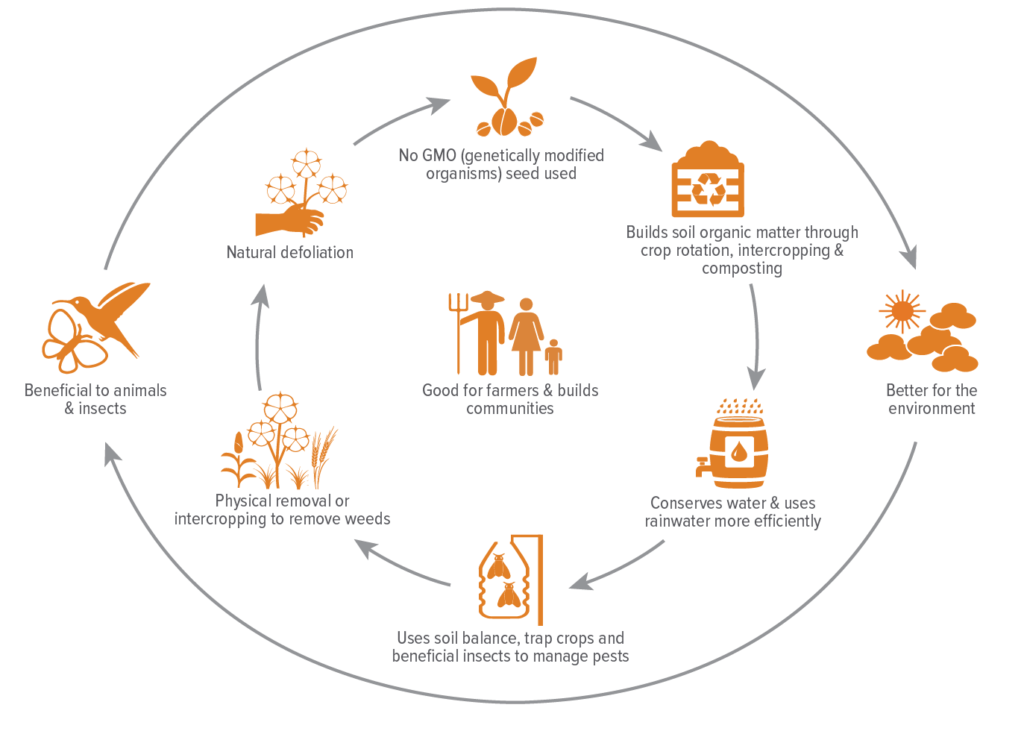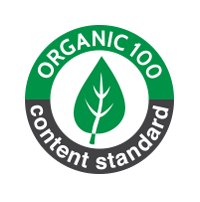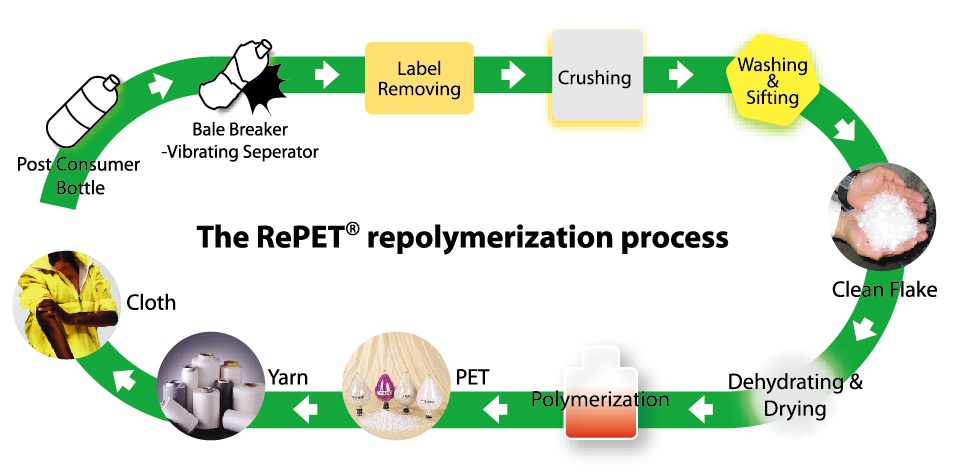
Organic Cotton
Organic cotton is cotton that is produced and certified to organic agricultural standards. Its production sustains the health of soils, ecosystems and people by using natural processes rather than artificial inputs. Importantly organic cotton farming does not allow the use of toxic chemicals or GMOs (genetically modified organisms). Instead, it combines tradition, innovation and science to benefit the shared environment and promote a good quality of life for all involved.

we are certified for Organic cotton production since 2010
No toxic chemicals are used in the growing of organic cotton. It doesn’t damage the soil, has less impact on the air, and uses 88% less water and 62% less energy. Conventional cotton uses about 16% of the world’s insecticides and 7% of pesticides.
Growing organic cotton keeps farmers and their families safe. They are not exposed to toxic chemicals in the field or through their food and water supply. It also means farmers grow more than one crop which supplements their food and income.
By 2025, two-thirds of the world’s population may face water shortages. But organic cotton is 80% rain-fed, which reduces pressure on local water sources. The absence of chemicals also means that water is cleaner and safer. Cotton is often grown in water-scarce areas using irrigation and it takes 2,700 liters of water to make a conventional cotton t-shirt.
Organic cotton is grown from organic cotton seeds. Cotton seed oil is used in a variety of food products such as cookies, chips and vegetable oil, and is also fed to livestock. So while cotton fiber is not something we put in our body, the by-product can make its way into our diets.
When you buy organic cotton you are investing in water conservation, cleaner air, better soil and farmer livelihoods. The price for organic cotton is therefore sometimes, but not always, higher. However, with demand on the rise, more choices will become available.
Caring for the world and the people we share it with is a life choice. Choosing organic cotton is part of this choice. In 2015, 26 million metric tonnes of cotton was produced globally, much of it for the apparel industry. Organic cotton makes up less than 1% of this. By choosing organic over conventional cotton you have the purchasing power to influence brands, manufacturers and even farmers.
Organic cotton is used everywhere
Organic cotton can be found in everything, from clothing, footwear and home furnishings (towels, bathrobes, sheets, blankets, bedding), to children’s products (clothing, toys, diapers), personal care items (sanitary products, make-up removal pads, cotton puffs and ear swabs), and even stationery and note cards.
OCS 100 - ORGANIC CONTENT STANDARD

The Organic Content Standard (OCS) applies to any non-food product containing 95-100 percent organic material. It verifies the presence and amount of organic material in a final product and tracks the flow of the raw material from its source to the final product.The OCS 100 relies on third-party verification to confirm whether a final product contains the accurate amount of a given organically grown material. OCS allows for transparent, consistent and comprehensive independent evaluation and verification of organic material content claims on products. OCS 100 covers the processing, manufacturing, packaging, labelling, trading and distribution of a product that contains at least 95 percent certified ‘organic’ materials
Recycle Polyester Yarn (RePET)
Recycled Polyester rPET (Recycled Polyester (rPET) has been developed) using the clear plastic water bottles, or PET as the raw material. PET is the name of the resin used to make light, transparent bottles for drinks, juices, soap and etc. PET is 100% recyclable.
In order to protect the ecosystem and the environment, as well as to leave a beautiful Earth for future generations. RePET is the new recycled polyester fiber manufactured from used PET bottles. Using environmentally-friendly recycling processes, RePET does not depend on petroleum and thus effectively conserves natural resources and reduces environmental burden without compromising quality.

Features
- Made from recycled PET bottles, does not require petrochemical raw materials.
- Saves natural resources and reduces the burden on the environment.
- Excellent quality and can be used for any purpose.
- 100% recyclable
- No toxic chemical composition
- Long lifetime
- Customizability
- 100% Recyclable & Sustainable
Product Application
- Outdoor and casual wear
- Sportswear
- Industrial textile
- Home textile
- Uniforms
By using high-temperature compound technology researched and developed by scraps of yarns and textiles range Products that are 100% recyclable and eco-friendly.
Recycled Cotton
Recycled cotton is often combined with recycled plastic bottles to make clothing and textiles, creating sustainable, earth-conscious products. Recycled cotton can also be used in industrial settings as polishing and wiper cloths and can even be made into new, high-quality paper. Sustainability continues to be at the forefront of product decisions, brand initiatives, and strategic planning in the textile industry. The use of recycled materials, including recycled cotton, is a growing topic of interest within the sustainability umbrella. Recycled cotton is not a new concept to the textile and apparel market, but as manufacturers, brands, and retailers continue to evaluate their supply chain footprint, the interest in recycled cotton has grown.
Recycled cotton can be generally defined as converting cotton fabric into cotton fiber that can be reused in textile products. Recycled cotton is also commonly referred to as regenerated cotton, reclaimed cotton, or shoddy. Recycled content includes recycled raw material, as well as used, reconditioned, and re-manufactured components.
Textile recycling is generated from two primary sources:
-
- Pre-consumer: includes scraps created by yarn and fabric by-products
- Post-consumer: includes garments, upholstery, towels, household items to be repurposed
The largest volume of recycled cotton sources is produced through pre-consumer waste, such as cutting scraps. Post-consumer waste is more difficult to sort through due to various color shades, fabric blends, and it is generally a more labor-intensive process
The majority of recycled cotton is claimed through mechanical recycling. First, fabrics and materials are sorted by color. After sorting, the fabrics are run through a machine that shreds the fabric into yarn and further into the raw fiber.
Cotton Incorporated’s research shows that consumers are seeking out recycled materials, but “recycled” does not necessarily equate to “sustainable” in a consumers’ mind. Research shows that 24% of consumers are willing to pay more for clothing or home textiles that are labeled as “recycled” and 32% of consumers who plan on purchasing clothing or home textiles will look for “recycled” clothing. However, only 5% of consumers believe that “sustainable” equals “recycled.” Consumers place more value in clothing or products labeled as “100% cotton,” “natural,” or “environmentally-friendly.”
24%
of consumers are willing to pay more for clothing or home textiles that are abeled as “recycled”
32%
of consumers who plan on purchasing clothing or home textiles will look for “recycled” clothing
Only 5%
of consumers believe sustainable = recycled
Organic fabrics and yarns: Eco, fair, good for us, good for our planet.
Ecological offers a wide range in fabrics, fibres, yarns and dyes that are manufactured and processed in a sustainable way. In our view ‘sustainable’ means above all that it has been made of natural fibers, where possible from organic farming. So if you’re looking for fabrics, yarns or even fibres that are made from organic cotton.
Our main focus is on fabrics for the home furnishing industry, fabrics that are suitable for interior design, curtains and bags. Our naturally dyed woven fabrics have not only been used by fashion designers but also in fancy restaurants, our Recycled/Organic cotton blends were applied in shirts and trousers but one can find the fabrics in bags or curtains, even in sails and tents. The possibilities are endless.
All our cotton fabrics (woven and knitted) are produced in India, conform our specs, in factories with which we have developed a close working relation.
Texsyard International is a GOTS-certified company. GOTS (Global Organic Textile Standard) is a certification that stands for ecology and social responsibility. Since 2010 we are certified by Control Union from Netherlands for GOTS & OCS Certification. The standard is your best assurance that the raw materials from which fabrics or yarns were made, really are organic and that strict rules concerning eco-friendly production have been followed along the whole production chain. An article can only be certified when the GOTS standard was followed in all previous steps in the production chain. Because Texsyard International is a GOTS certified company, this gives our customers the possibility of making GOTS certified home furnishing themselves, provided of course that their companies are certified as well.
Even though we applaud the GOTS standard and are certified company, not all the natural materials that are offered on this website are produced conform the GOTS standard. This is mostly because some fabrics, yarns are almost impossible to obtain in an organic quality.